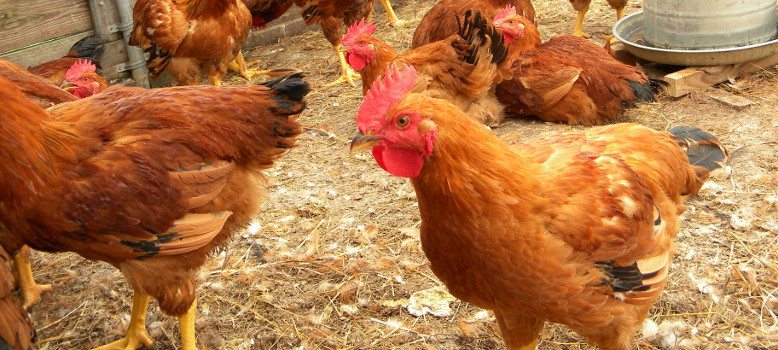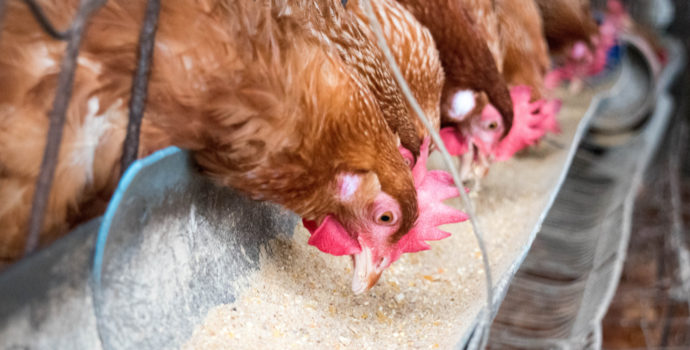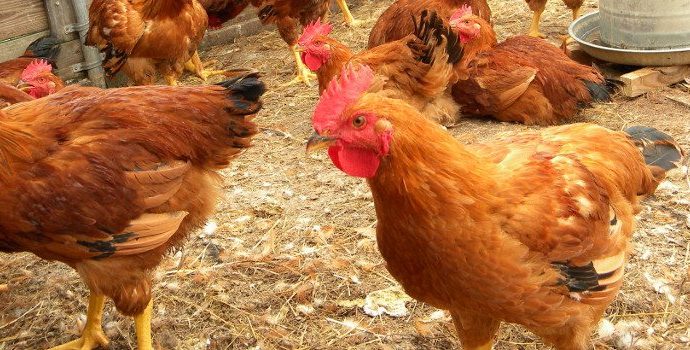Poultry Council Report May 2022

Market report
The Irish Poultry industry has had significant increases in input costs on farms and for processing plants and egg packers. Inflation is at a 15-year high and the price of chicken and eggs has altered little to reflect this to date. Additional costs associated with all the challenges that both Brexit and Covid-19 continue to place on the sector, from the farmers yard right through to delivery to central distribution depots need to be recouped from the food chain.
The increase in commodity grain and protein feed costs has resulted in a squeeze on margins that has not been recouped through the food chain. In order for Irish poultry farmers to get justified increases in their payment terms this needs to be addressed as a matter of urgency. The need for a food ombudsperson with statutory powers of enforcement is critical to controlling the power of a small number of retailers that have reduced the viability of Irish poultry farmers. A Bord Bia quality assured 2kg whole chicken retails at €4.79 c/kg in discount retailers. This is not enough to pay sufficiently for all the transport, packaging, processing and most importantly the farmer for growing this chicken.
The egg market has improved over the past number of months and eggs are certainly less plentiful than they were earlier this year. Most egg producers have now got cover for the cost of feed after numerous negotiations and a number of protests.
Like other sectors the increase in input costs has been heavily felt. Feed costs have soared for egg producers, putting a downward pressure on margins, but these costs are partially covered by the processers, (egg packer) in some cases. There are many other cost increases that are also causing problems namely replacement birds, electricity, labour etc.
The IFA Poultry Committee has been working closely with the President, Tim Cullinan, and Retail Executive (former Poultry Executive), Robert Malone, to highlight the increase in input costs incurred by Poultry producers of meat and eggs and the sheer urgency of immediate price recovery for producers. The retail price of eggs has seen some upward movement in recent days in some outlets and continuous efforts are ongoing to ensure this increase is passed back to farmers. The IFA are engaging with retailers on an ongoing basis and have met with numerous retailers over the past number of weeks on the issues for the poultry sector, but also pigmeat and horticulture. The practice of selling product below the cost of production is devaluing product and creating an expectation among consumers which is completely unsustainable.

High Pathogenic Avian Influenza
HPAI has been a major problem this year especially in Monaghan/Cavan where a large number of flocks have been affected. The first outbreak of Highly Pathogenic Avian Influenza subtype H5N1 (HPAI H5N1) in poultry in Ireland was confirmed on November 20th, 2021. Between November 20th, 2021 and December 20th, 2021 six outbreaks of HPAI H5N1 were confirmed in poultry flocks in Ireland. As a result, restriction zones consisting of a 3km minimum radius Protection Zone and a 10km minimum radius Surveillance Zone were put in place. Following appropriate disease control measures, and in accordance with EU and national legislation, all restriction zones have now been removed.
Avian influenza measures that were in place since November were lifted on the 29th April. The legal requirement to house/confine birds as a precautionary measure to protect against HPAI was introduced on the 22nd November 2021. As with its introduction there are a number of factors that have informed the department’s decision to lift the housing requirement, including no confirmed case of bird flu in wild birds for a period of just over 4 weeks (prior to the lifting of restrictions), the departure of most migratory waterfowl, increasing environmental temperatures and daylight hours.
Further to this, the Regulations restricting live bird gatherings for sales/shows and requiring enhanced biosecurity measures will be lifted/revoked from Monday 16th May. It is now 6 weeks since the last confirmed wild bird case of HPAI and temperatures and daylight hours continue to increase which has reduced the risk level. However, it is important that all flock owners remain vigilant, there is still a possibility of the virus being present in the environment and circulating in wild birds. Whilst it will no longer be a legislative requirement from Monday, high standards of biosecurity remain key to protecting your flocks from HPAI and other infectious agents.



